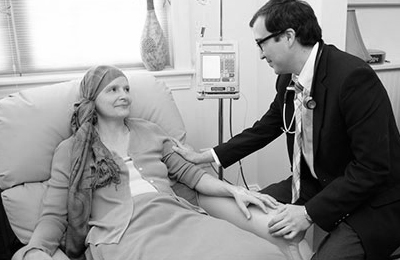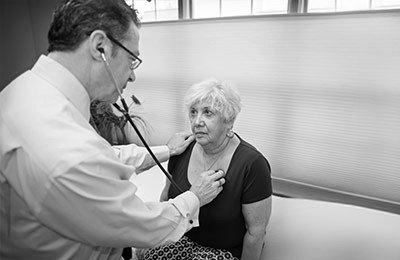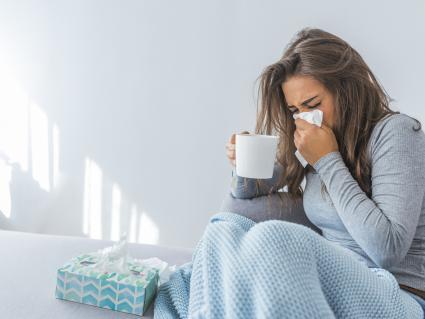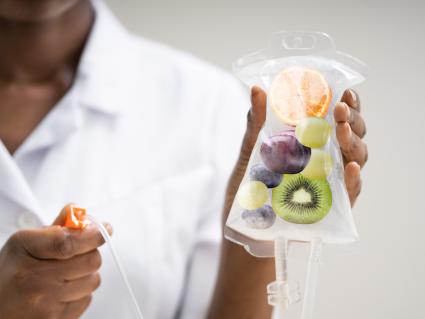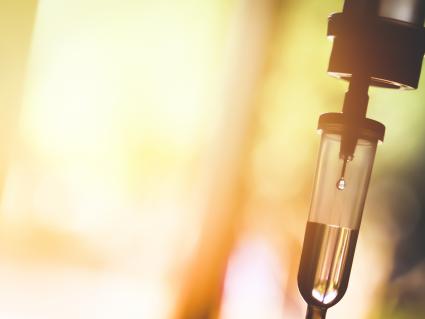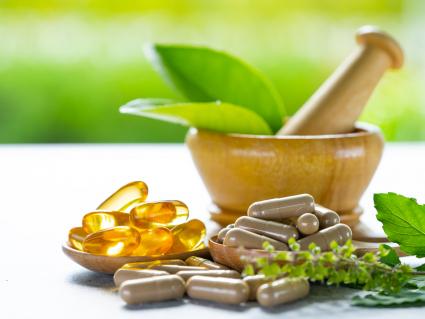Men’s Health at a Glance

Men interested in impacting their prostate cancer risk can be pro-active in their lives, and integrate these measures along with their screening routines to give themselves the best chance for good health!
A significant number of men are concerned about their risk for developing prostate cancer. This is especially relevant now since the frequency of monitoring PSA values has been in recent debate amongst groups who develop screening guidelines. Although all men are at risk for prostate cancer, there are known factors that increase a man’s chance of its development, such as: increasing age, family history of blood relatives having prostate cancer, African American race, obesity, tobacco use/smoking cigarettes, consumption of high fat diet (saturated and trans-fats), occupational exposure to pesticides and chemicals (ex: farming, lawn care, exterminator), and having an initial PSA level of > 2 ng/mL; abnormal percentage of free PSA; elevated PSA velocity.
So other than screening for prostate cancer (in other words, secondary prostate cancer prevention), which usually includes yearly digital rectal exam, PSA blood test (frequency of which is controversial), and documenting any changes in urinary symptoms, how can men be proactive in decreasing their risk (primary prevention)? We know that there are certain lifestyle habits and supplements that can have an impact in decreasing men’s risk for prostate cancer. These include the following:
- Exercise: Physical activity and aerobic exercise can reduce prostate cancer risk by lowering body fat and serum testosterone concentration. Exercise also can lessen the risk for developing more aggressive or advanced prostate cancer. Men should exercise 30 minutes or longer at least three times weekly.
- Pesticides/Endocrine Disruptors: A xenobiotic or endocrine disruptor is any chemical or toxin that is foreign to the body and can mimic natural hormones. An example is Agent Orange (dioxin) exposure in veterans, which has doubled the risk for prostate cancer and is particularly linked with more aggressive prostate cancers at younger ages. Chemicals in plastic, ink, electronic equipment, and personal care products such as skin moisturizers and deodorants also can increase one’s risk. Farm raised meat additionally is a source of toxic pesticides and hormones. Taking supplements that contain androgens (male hormones), and a supplement for bone health (chondroitin sulfate) in men at higher risk is not advised. Actively avoiding chemicals that are endocrine disruptors can decrease risk.
- Alcohol: Excessive drinking of alcohol can increase prostate cancer risk (for example, in one study, 10 drinks of alcohol per week tripled the risk). Avoiding excessive amounts of alcohol can decrease risk.
- Smoking: Tobacco contains cadmium, a heavy metal that may increase prostate cancer risk, so avoiding cigarette smoking and tobacco use is prudent for risk reduction.
- Nutrition: Excessive calories and consumption of animal/saturated fat (especially from dairy and red meat, rich in omega-6 fatty acids) increase prostate cancer risk, so limiting these can impact risk. Eating fewer calories and more omega-3 rich foods such as fish and olive oil are protective. Soy consumption, particularly non fermented soy such as in soy milk, soy cheese, edamame and tofu, is protective for prostate cancer. Daily consumption of at least 4 ounces of soy protein is helpful for prostate cancer prevention. Lycopene, found in tomatoes, strawberries, watermelon, and apricots, is also protective for prostate cancer, and cooking the tomatoes and adding some olive oil is especially helpful to allow release and absorption of lycopene. Eating a plant-based diet, rich in the cruciferous vegetables (broccoli, Brussels sprouts, kale, etc.) also decrease prostate cancer risk. Pomegranate juice, which contains ellagic acid, can inhibit prostate cancer cell growth, so men should consider consuming 8 ounces of pomegranate juice daily. Finally, green tea contains antioxidants called catechins that have antitumor activity against prostate cancer cells, and drinking 3-5 cups of organic decaffeinated green tea per day is recommended for prevention.
- Supplements/Medications: Vitamin D deficiency has been associated with an increased risk for development of prostate cancer, so getting adequate production of vitamin D by sun exposure and by supplementation if needed is recommended for prevention. Maintaining a vitamin D level of at least 30 mn/mL for prevention of prostate cancer and a level between 50 and 100 ng/mL for men with prostate cancer is recommended. Aspirin, by its reduction of inflammation, has been shown to decrease the risk for prostate cancer when taken for 5 years or more. If there are no medical contraindications to taking aspirin, men should take a baby dose aspirin of 81 mg daily for prostate cancer risk reduction.
- Mind-Body Medicine: Because stress can reduce the strength of one’s immune system, in particular suppressing natural killer (NK) cell activity (cells which typically fend off cancer cells), incorporating mind-body therapies into one’s lifestyle can be helpful for prostate cancer prevention. Numerous such therapies are available, including meditation, yoga, and Reiki, and others, and men may wish to practice those they feel comfortable with.
Men interested in impacting their prostate cancer risk can be pro-active in their lives, and integrate these measures along with their screening routines to give themselves the best chance for good health!

